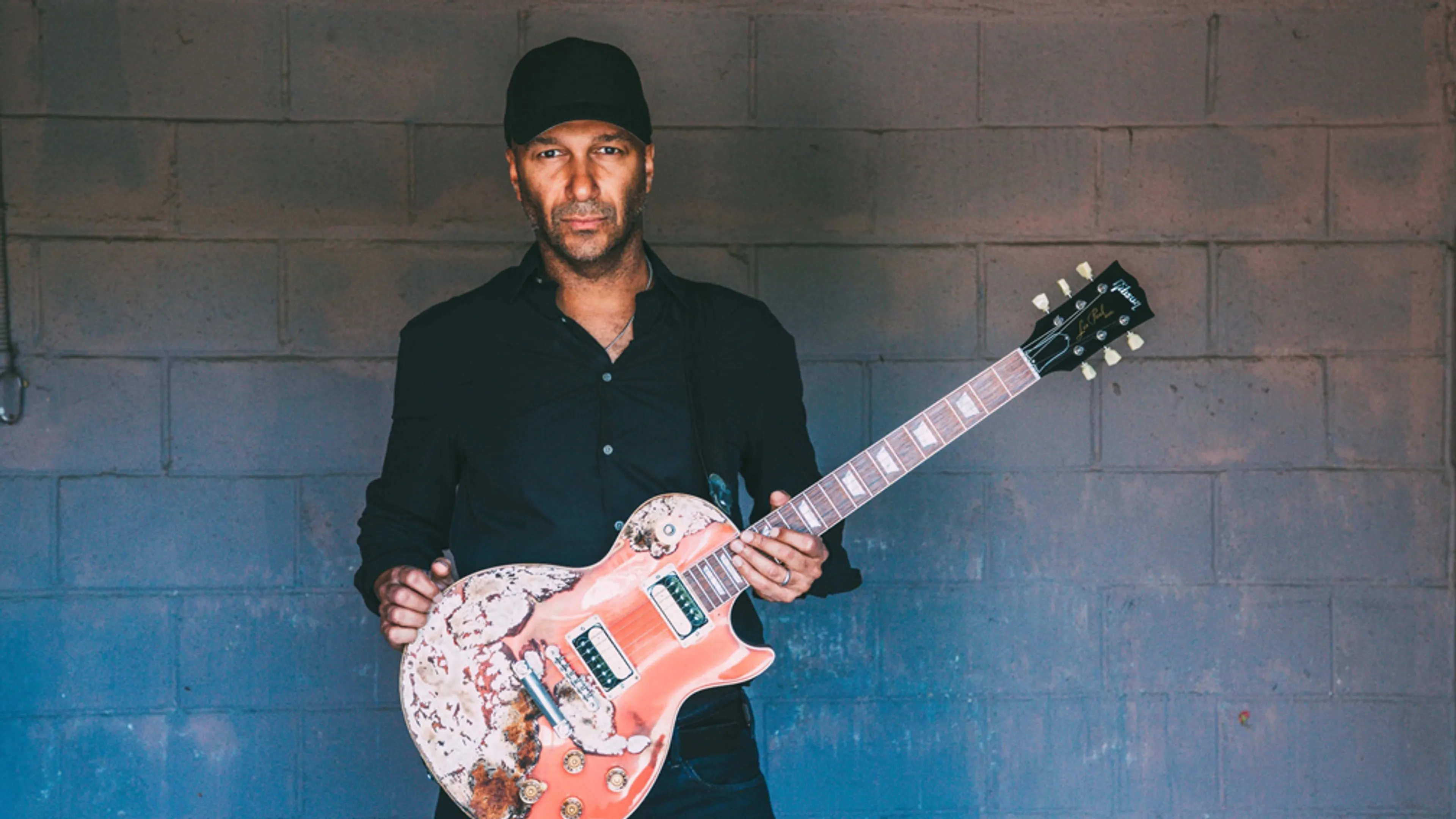With its nuclear mix of homemade police sirens, anti-governmental lyrics and hip-hop bass lines, RATM’s follow-up single was equally as damning of the so-called ‘free world’. In many ways, these songs were the soundtrack to the 1992 LA Riots happening around them at the time of recording.
If there are notable similarities between the carnage unleashed by the whip of Brad Wilk’s snare near the end and the breakdown in early Tool song Cold And Ugly, it may be because Tom and Tool guitarist Adam Jones were classmates at Libertyville High School, Illinois, and started their first band, Electric Sheep, together.
